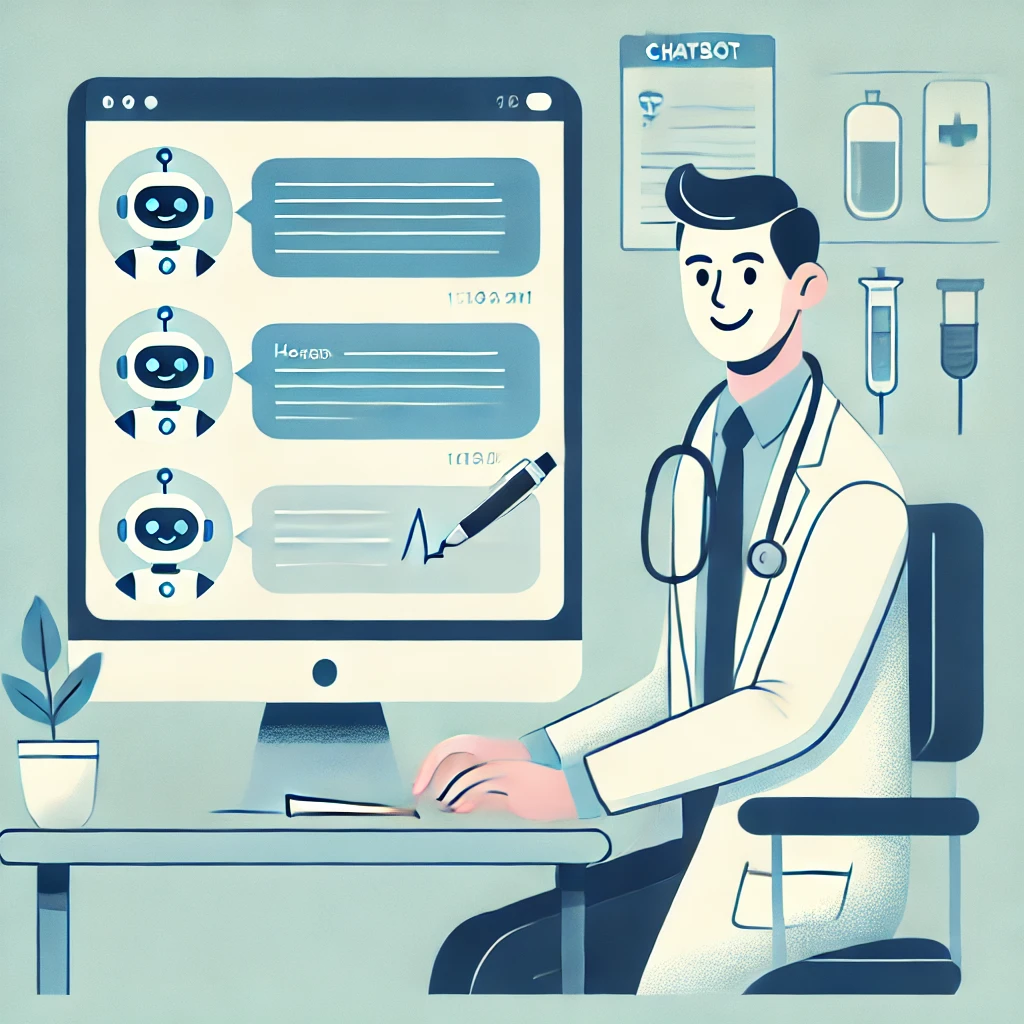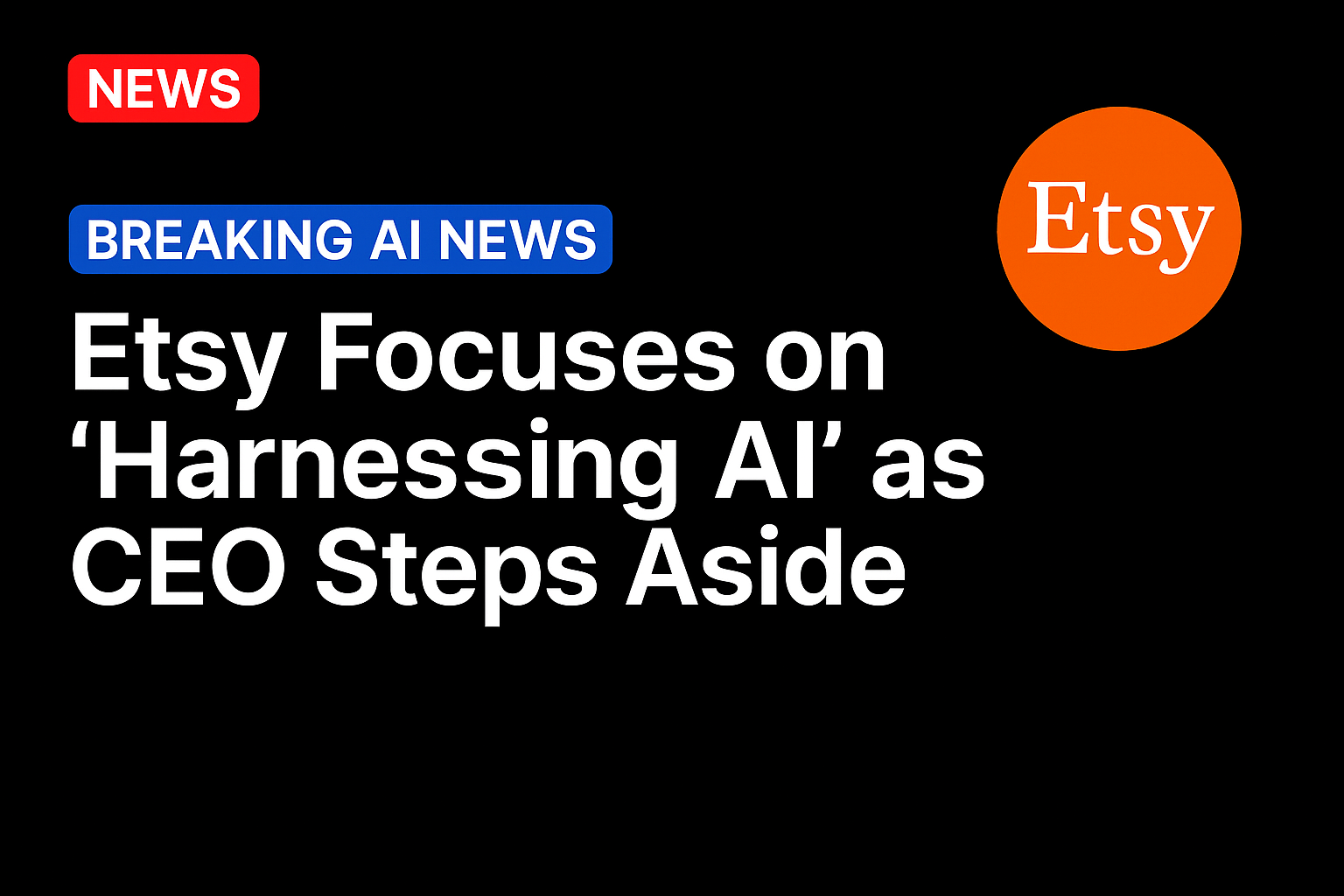In a shift that’s transforming healthcare communication, many doctors are now using artificial intelligence (AI) to help manage their patient correspondence. Overwhelmed by the increasing volume of inquiries, healthcare professionals have turned to AI tools to draft patient messages, from follow-up care instructions to responses about medication. The surprising part? Most patients are unaware that these replies are not coming directly from their doctors but from software-powered systems.
AI as a Healthcare Assistant
With more patients seeking medical advice via email or patient portals, many physicians have found it challenging to keep up with the growing demand for timely responses. To alleviate this pressure, AI is being deployed to assist with routine communications, such as clarifying treatment plans, managing prescription renewals, and providing general health information.
“These AI tools are incredibly efficient, allowing doctors to focus more on in-person consultations and patient care while still ensuring that patient questions are addressed promptly,” said Dr. Allison Martinez, a general practitioner based in San Francisco. “The technology is able to draft well-structured, clear messages that are later reviewed by the physician before being sent.”
The AI systems, powered by advanced natural language processing algorithms, analyze patient questions, medical history, and other context to generate appropriate responses. Doctors can then review and edit the messages if necessary before sending them to the patient.
Patients Are Often Unaware
Although these AI-generated responses are designed to save time for healthcare professionals, the practice has raised questions about transparency. Most patients don’t realize that the responses they receive may be initially drafted by AI software rather than their physician. While the messages are usually accurate and helpful, some worry about the lack of personal touch and potential risks if a message is sent without proper oversight.
“I was surprised when I found out that some of the messages from my doctor were actually written by AI,” said Jeremy Stein, a patient from New York. “It made me wonder how closely they’re reviewing them before sending.”
Despite concerns, many in the medical field believe that AI will only become more common in healthcare communication, especially as the technology improves. Automated systems help physicians manage their workload while ensuring that patients receive timely responses.
AI’s Role in the Future of Healthcare
As AI continues to evolve, it is expected to play an even larger role in the healthcare system, not only in patient correspondence but also in diagnostics, treatment planning, and administrative tasks. However, experts emphasize the importance of maintaining a human element, especially in sensitive communications.
“There’s a fine balance that needs to be maintained,” said Dr. Martinez. “AI can assist, but ultimately, the responsibility lies with the medical professional to ensure that the messages are accurate, compassionate, and reflect the best care for the patient.”
For now, AI tools are helping doctors manage the overwhelming demand for communication, but the conversation about transparency and the human touch in healthcare is just beginning.





